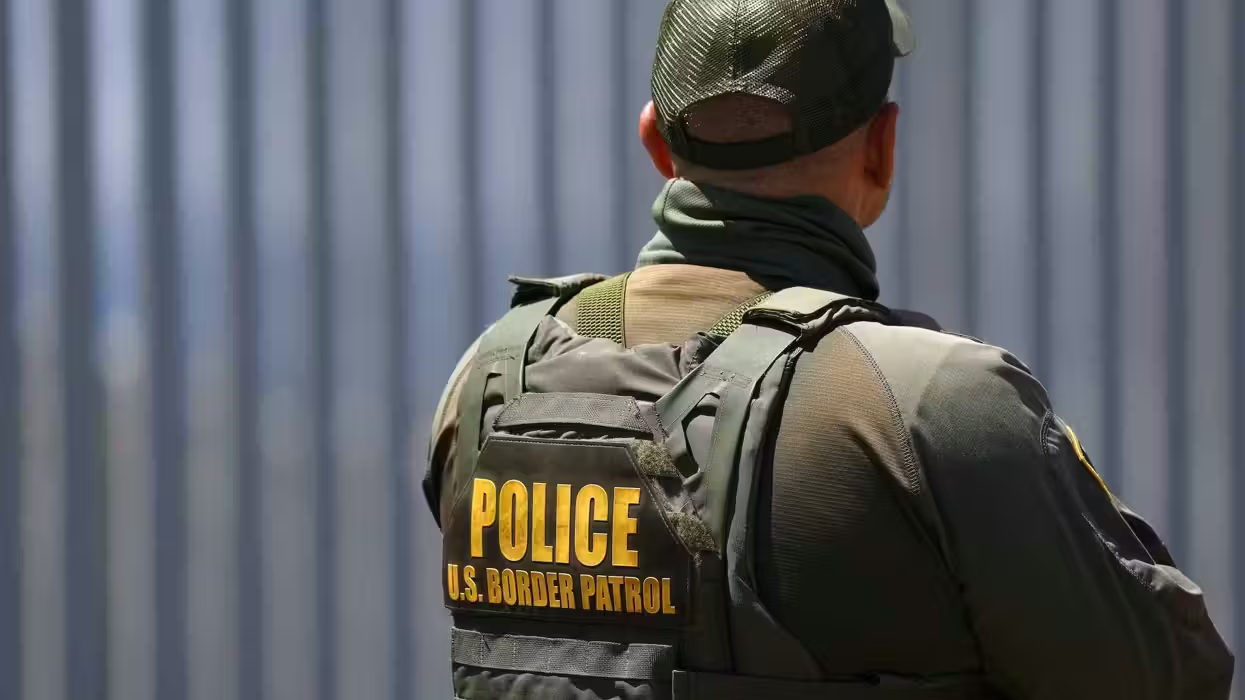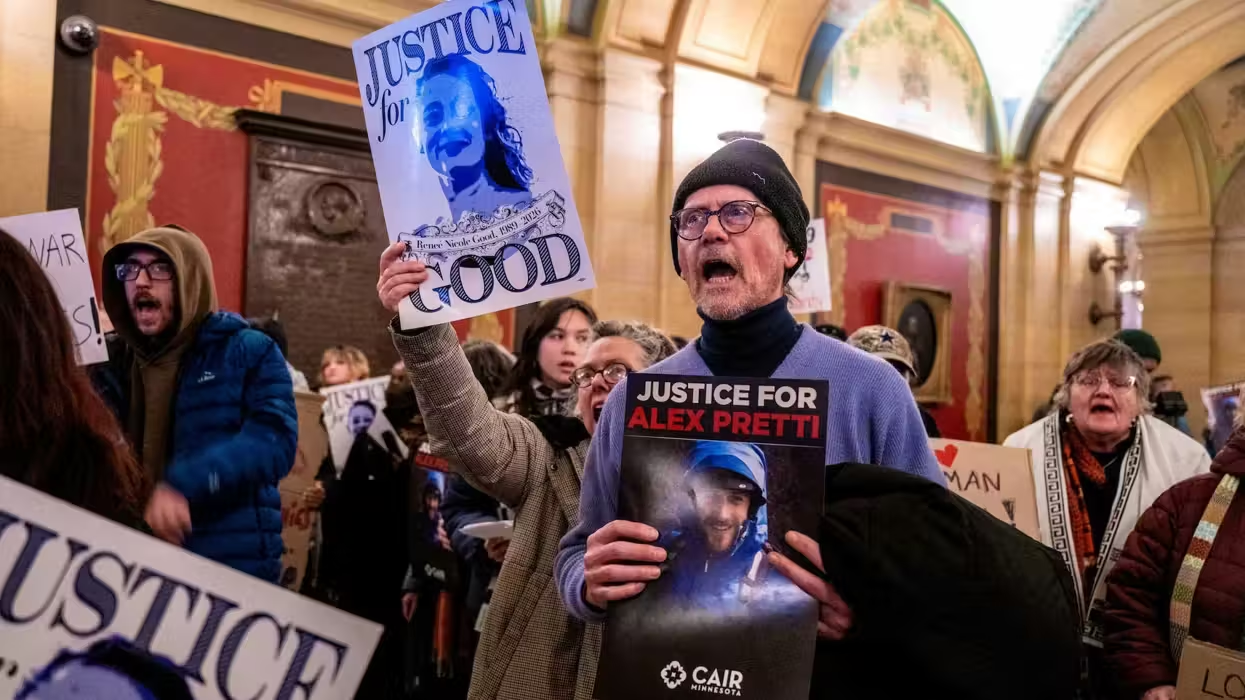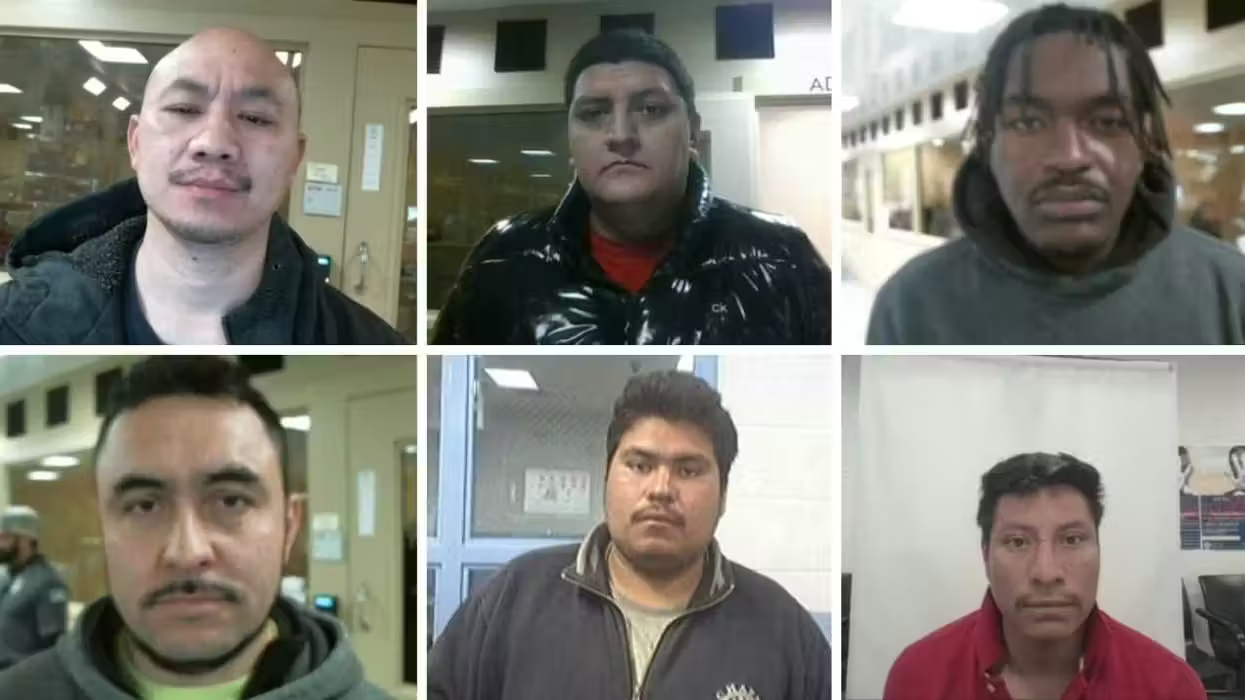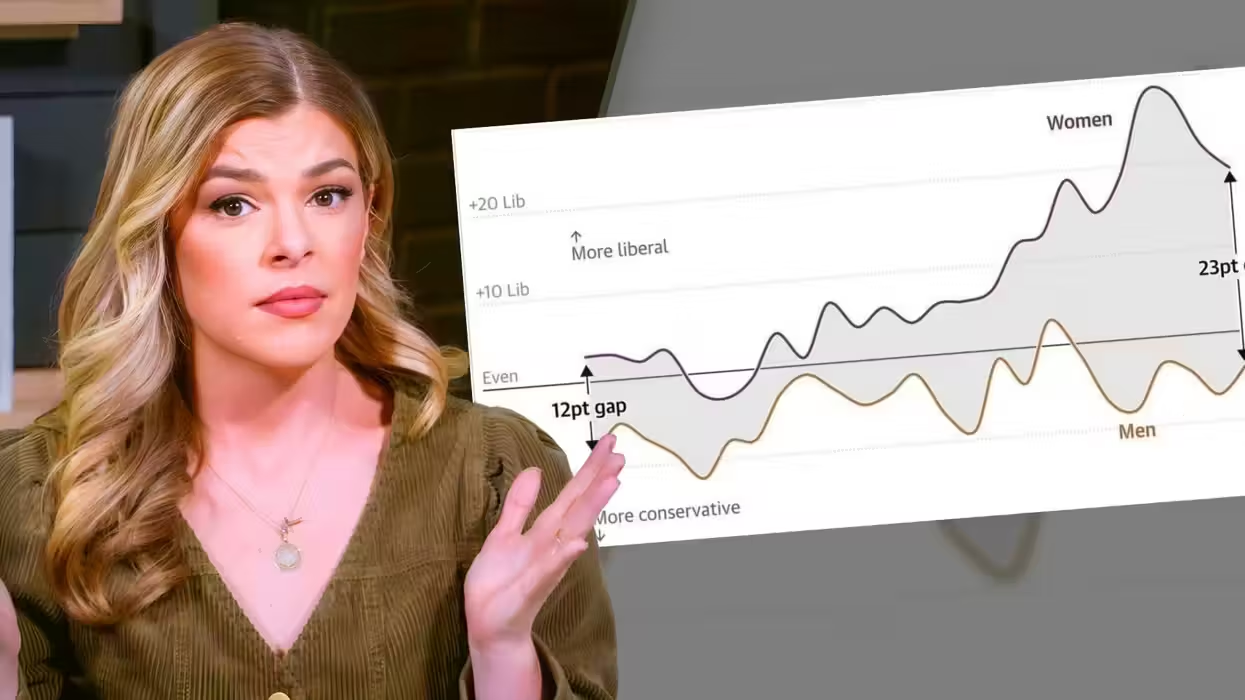Lenient school discipline policies implemented by the Obama administration allowed the Parkland, Florida, school shooter to maintain a clean record that allowed him to purchase the gun he used to kill 17 people, a report by RealClearInvestigations shows.
'Restorative justice'
The lenient discipline policies stem from an effort to reduce overall numbers and racial disparities in the school-to-prison pipelines by using less severe punishments and limiting law enforcement involvement in school incidents, rather than by working to limit the number of crimes committed at schools through zero-tolerance policies.
In Broward County, where last month’s shooting took place, Superintendent Robert Runcie and Broward County Sheriff Scott Israel signed a “collaborative agreement on school discipline” in October 2016, which listed misdemeanors that could not be reported to police, and outlined steps that police must exhaust before arresting a student.
The agreement calls for the use of PROMISE: Preventing Recidivism through Opportunities, Mentoring, Interventions, Support & Education.
According to the PROMISE manual, “This approach focuses on the situation as being the problem rather than the individual being the problem."
From the agreement:
“In any school year, the first instance of student misbehavior that rises to the level of misdemeanor and requires consultation with a police officer should not result in arrest nor the filing of a criminal complaint, but instead be handled through the Code of Student Conduct and Discipline Matrix.”
Misdemeanors to be handled in such a way include fighting, assault that doesn’t result in harm or injury, theft (less than $300), vandalism (less than $1,000), possession of cannabis or drug paraphernalia, and threats, among others.
Before arresting a student for misbehavior or misdemeanor at school, officers are required to:
- Consult with the school principal
- Consider “surrounding circumstances”
- Issue a warning
- Talk to parents/guardians
- Consider non-arrest alternatives
The goal of the plan was not only to limit arrests, but also to limit use of out-of-school suspension as a punishment, because “Exclusionary practices such as out-of-school suspension, expulsion and school-related arrests are detrimental to student success in school and in life,” according to a document authored by Runcie.
Instead, misbehaving students are more likely to resolve their issues through “restorative justice,” which focuses on repairing harm done rather than punishing crimes. This could take the form of therapy, “healing circles,” or counseling sessions with victims of the crime.
Obama administration influence
Runcie had worked for Obama’s first Education Secretary, Arne Duncan, in the Chicago public school system.
When the Obama administration pushed these new discipline guidelines in 2014, RealClearInvestigations reports that compliance with the guidelines was tied to threats of losing federal funding.
Accused shooter exposes program’s flaws
Accused Parkland school shooter Nikolas Cruz passed a federal background check in February 2017 and was able to purchase the semiautomatic rifle that he used to kill 17 people at Marjory Stoneman Douglas High School.
In the years leading up to his mass murder, reports show Cruz repeatedly misbehaved at school, including fights, assault, and an incident when he brought bullets to school in his backpack. He was never arrested or expelled, instead referred to counseling, given "internal suspension, or transferred to alternative schools.
Under previous Broward County school policies, Cruz likely would have been arrested by campus police as a repeat violent offender at school.







